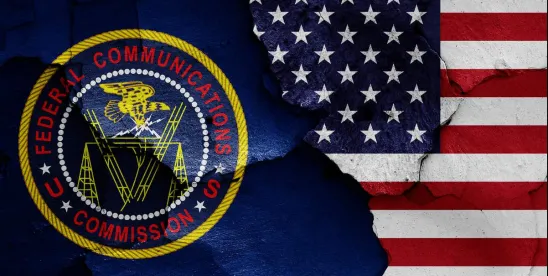Hi folks! It’s the Baroness here and have a quick update.
For anyone still holding their breath over the FCC’s one-to-one consent rule and hoping it returns in some form, the FCC has now finalized its definition of prior express written consent.
One-to-one is officially out.
As a refresh, the FCC sought to close the “lead generator loophole,” by refining what counts as prior express written consent under the TCPA.
How?
Consumers would have to give consent to one seller at a time and the calls or texts were required to be “logically and topically associated” with the initial interaction. This meant no more disclosures containing a hyperlink to hundreds of network partners. This would have completely changed how consent was obtained across the lead generation industry.
However, just before the rule was set to take effect, the Eleventh Circuit held that the one-to-one and topical constraints exceeded the FCC’s authority under TCPA. The court emphasized that the TCPA’s phrase “prior express consent” should be understood using its common-law meaning, so long as the consent is “clearly and unmistakably stated”.
In April 2025, the FCC filed a brief affirmatively stating it would NOT challenge the Eleventh Circuit’s ruling and will oppose any effort by any other entity to do so.
Now, the FCC has finalized the rule. See here.
So what is the final definition of prior express written consent? The definition is finalized here:
(f) * * *
(9) The term prior express written consent means an agreement, in writing, bearing the signature of the person called that clearly authorizes the seller to deliver or cause to be delivered to the person called advertisements or telemarketing messages using an automatic telephone dialing system or an artificial or prerecorded voice, and the telephone number to which the signatory authorizes such advertisements or telemarketing messages to be delivered.
(i) The written agreement shall include a clear and conspicuous disclosure informing the person signing that:
(A) By executing the agreement, such person authorizes the seller to deliver or cause to be delivered to the signatory telemarketing calls using an automatic telephone dialing system or an artificial or prerecorded voice; and
(B) The person is not required to sign the agreement (directly or indirectly), or agree to enter into such an agreement as a condition of purchasing any property, goods, or services.
(ii) The term “signature” shall include an electronic or digital form of signature, to the extent that such form of signature is recognized as a valid signature under applicable federal law or state contract law.




 />i
/>i
